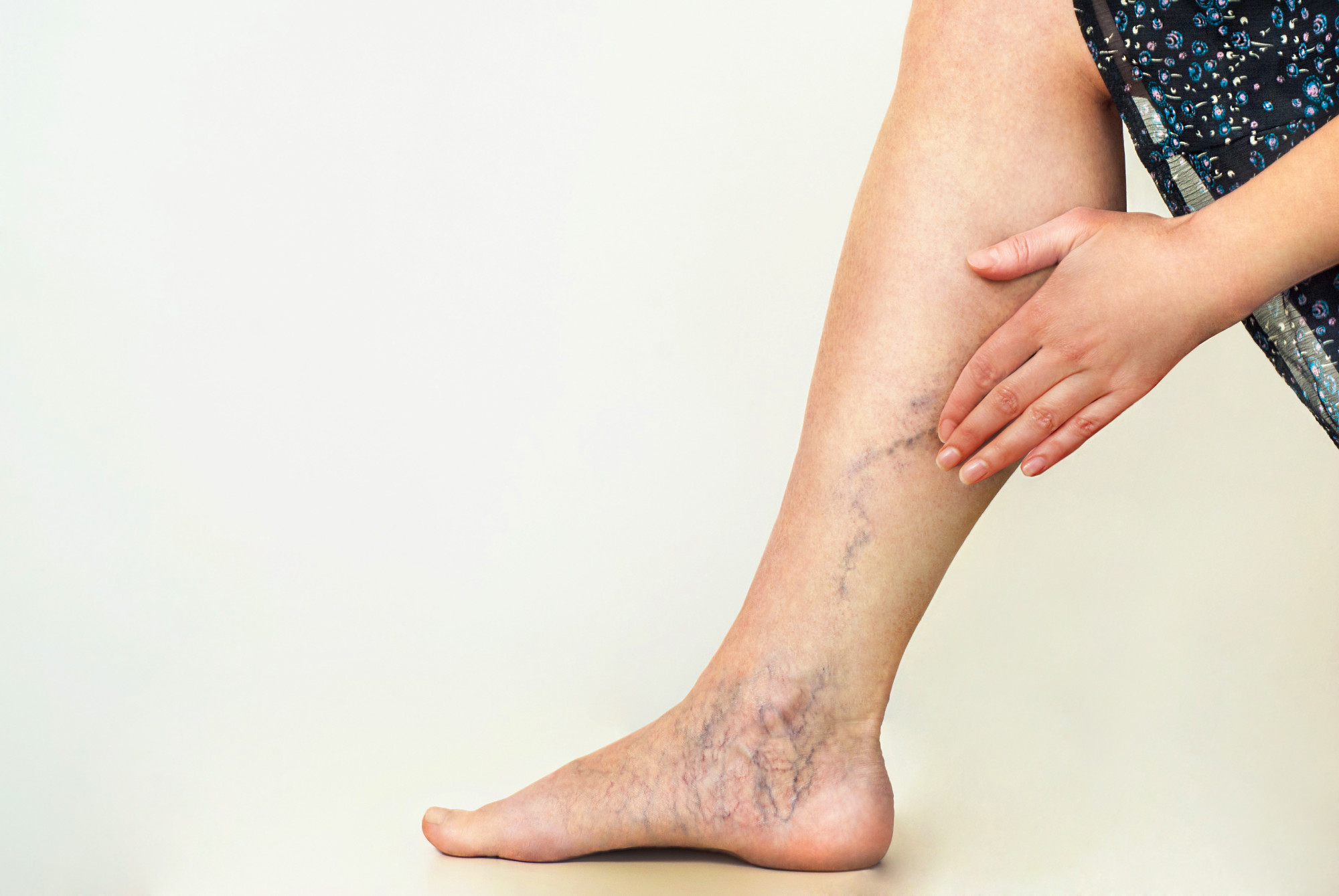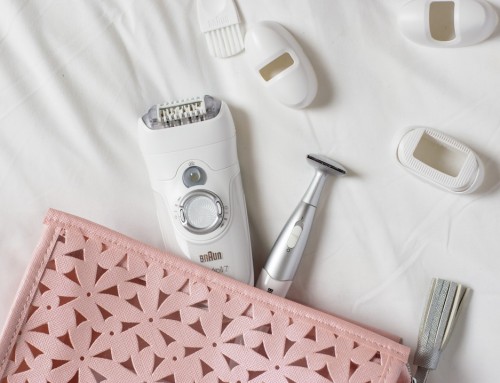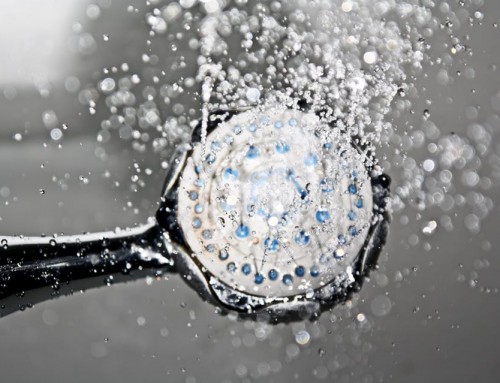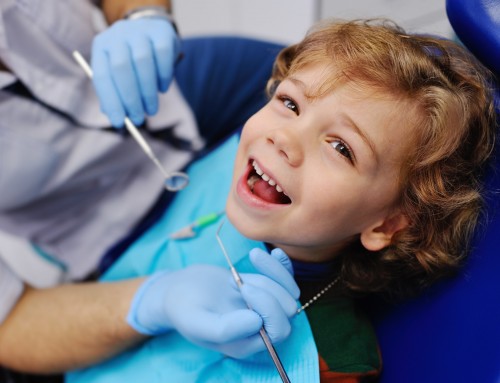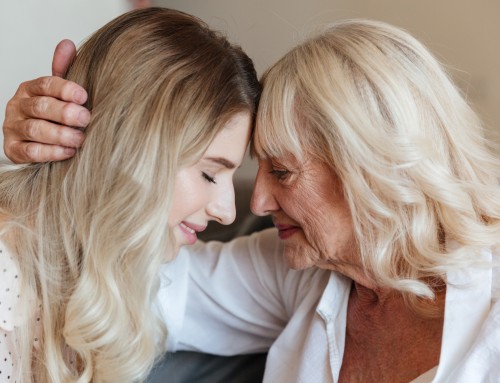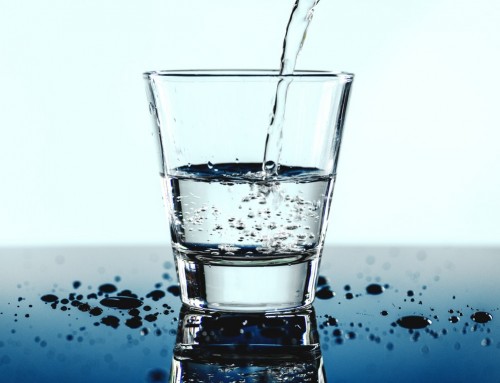Varicose veins affect up to 30 million U.S. adults. And while some think they’re minor cosmetic issues, they can be itchy and even painful. Those who have these bulging veins may even feel a burning sensation in their legs.
Worse, researchers found that varicose veins can increase risks of deep-vein thrombosis! DVT, which occurs when a clot forms within the deeper veins found in the legs, can be deadly. In fact, the CDC estimates that this vein disease claims up to 100,000 lives every year.
That said, it’s time you pay more attention to your vein health, especially if you have varicose veins. And it all starts with finding a vein doctor and clinic you can trust.
We’ll show you exactly how to do that, so be sure to keep reading!
1. Know Who Your Vein Doctors Are
Vein doctors can be a “phlebologist”, a “vein specialist”, or a “vascular surgeon”. Know the difference to help you choose the right doctor for your specific vein condition.
Phlebologists
Any doctor who had a residency under the American Board of Medical Specialties (ABMS) can call themselves a phlebologist. But while they specialize in vein treatment, they haven’t undergone specialized training. As such, they may not have the qualifications to perform vein surgery.
That said, most phlebologists treat superficial veins, like varicose and spider veins.
Vein Specialists
Most ABMS board-certified vein specialists are cardiologists, dermatologists, and interventional radiologists. Their certification, however, is for their primary field of practice.
Some vein specialists have completed more specialized training than phlebologists. Those who do can perform some types of vein surgery.
Vascular Surgeons
These are doctors who have undergone specific training for venous health. That allows them to diagnose and treat the most serious vein diseases. They’re qualified and licensed to perform both medical and operative care.
That makes vascular surgeons the best option for more severe venous diseases. But for concerns more cosmetic in nature, phlebologists and vein specialists can help.
2. Check for (and Verify) Certifications and Licensure
Before you get any treatment for vein issues, check the credentials of the doctor first. Especially if you’re undergoing vein ligation or endoscopic surgery. Again, a physician can say they’re a “phlebologist”, but that doesn’t mean you should just take their word for it.
It’s best to stick to a vein doctor board certified in vascular medicine or vascular surgery. Other good options are doctors with board certification in dermatology or internal medicine.
It’s easy to verify these details, as you can do so online through the ABMS website. You can go to this Verify Certification page to check your vein doctor’s credentials.
You can also call the ABMS to confirm the legitimacy of a doctor’s claims on board certification. Another is to check the doctor’s name on the official ABMS directory.
Make sure you check which specific vein problems the doctor treats regularly. You may also feel more at ease with a doctor who has several years of experience treating vein issues. And make sure the doctor you’ll choose has no history of malpractice!
3. Types of Diagnostic Technology Used
Ask the clinic about the technology they use when evaluating veins and arteries. Their doctors should offer — and have undergone training — for vascular ultrasound. It’s one of the most reliable methods used to analyze vein and artery health.
You can check out this vascular ultrasound course list from Gulfcoast Ultrasound Institute. It’ll give you a clearer idea of what to ask vein doctors about the training they completed.
4. Vein Treatment Programs Offered
As for treatments, know that not all venous diseases require hospitalization or surgery. In fact, vein doctors often start off treatment plans with at-home care for more minor vein issues.
These include simple but blood pressure-lowering exercises combined with a weight loss plan. Your doctor may also recommend eating foods that lower blood pressure.
You likely would also have to start wearing compression stockings. These boost blood flow in your leg muscles and veins, helping reduce your symptoms.
If these don’t work, your vein doctor may have to advance your treatment plan. But don’t worry, as less-invasive procedures, such as sclerotherapy and laser, are available.
Sclerotherapy involves injecting medicine into small to medium varicose veins. The solution scars and shrinks the veins, forcing blood to go through healthier veins. Within a few weeks, you’ll notice considerable fading of the treated veins.
Laser treatment is the use of laser light to treat smaller varicose and spider veins. It’s non-invasive, which means there are no injections or incisions needed. Best of all, you’ll see your bulging veins shrink in as little as a few weeks.
5. Insurance Coverage for Treatments
In 2017, spider vein treatments cost an average of $322. While that may not seem a lot, note that you may have to undergo more than one treatment.
So, be sure that the vein doctor and clinic you’ll choose will accept your health insurance. Ask them what part of the treatment or which procedure your insurance can cover. This way, you can save on medical costs and avoid out-of-pocket expenses.
6. Highly-Recommended (or Referred)
Ask your family members or close friends if they have experience with a vein doctor. Were they happy with the results of their treatment? If so, consider setting up an initial consultation with the same doctor.
Also, the next time you visit your primary physician, bring up your vein concerns. They can refer you to one of their colleagues specializing in vein health.
Once you have a list of recommendations, do more research on them online. Look for reviews from past patients, as you can learn a lot about the doctor from their experience.
7. The Location of the Doctor’s Clinic
Varicose veins can be painful enough, sometimes even cause swelling in your legs. So, you wouldn’t want to put even more pressure on them by traveling too far to see the doc. That said, it’s best to choose a doctor with a clinic near your home or work.
Better Vein Health Starts with the Best Vein Doctor
Improving your vein health means much more than getting rid of varicose veins. It also means preventing bleeding, skin ulcers, and deadly blood clots. Plus, you’ll feel less soreness, pain, and inflammation of your varicose or spider veins.
So, as early as now, start looking for the best vein doctor for your needs! And while you’re at it, be sure to check out our guide on compression clothing. This way, you’ll have a better idea of what to look for when your doctor tells you to wear compression garments.

